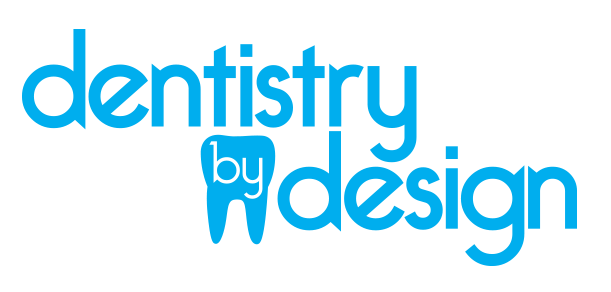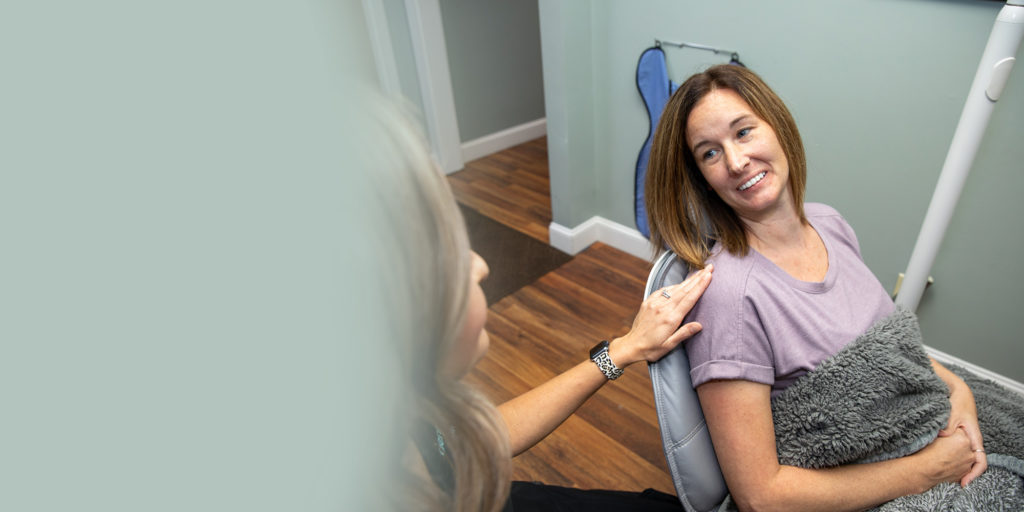

Sedation dentistry involves the use of medication that helps patients relax and feel comfortable during dental procedures. Dental sedation not only aids in creating a positive dental experience but also enables dental professionals to perform procedures more efficiently, promoting oral health.
Contact our Spring Hill dentist at 931-391-3089 today to learn more about sedation dentistry in Spring Hill and to schedule your appointment.
The primary objective of sedation dentistry is to induce a relaxed state in the patient while ensuring they’re conscious and able to respond to cues from the dentist. This calming effect happens through various medications that depress the central nervous system’s activity. The medication used for sedation can range from mild to moderate, depending on the patient’s needs and the complexity of the procedure.

Sedation dentistry offers a spectrum of options to cater to different anxiety levels and patient preferences. Here are the most common types of sedation dentistry:
Local Anesthetics: While not a form of sedation, local anesthetics have pain-relieving properties that are important in dentistry. This technique involves injecting numbing medication into the treatment area, ensuring you remain pain-free throughout the procedure. It’s commonly used alongside minimal or moderate sedation to provide a well-rounded comfort experience.
Before administering sedation, our Spring Hill dentist will thoroughly evaluate your medical history, current health status, and any medications they may be taking. This assessment helps determine the most suitable sedation method and dosage. If your sedation appointment is on a different day, our dentist will provide pre-appointment instructions.
Once you’ve chosen the appropriate sedation, you’ll either begin your treatment or return to the dental office for your appointment. Your dentist will then administer the chosen method of sedation. However, if you choose oral conscious sedation, you’ll likely receive it in a pill or liquid form to take at home before arriving.
Regardless of the sedation method, our dentist and team will continuously monitor your vital signs, including blood pressure, heart rate, and oxygen levels, to ensure their safety throughout the procedure.
Once you’re adequately sedated, the dentist can perform the necessary dental work. The patient remains comfortable and relaxed during this time.
After the procedure is complete, you’ll be monitored in a recovery area until you’re alert and stable enough to be discharged. The effects of sedation will gradually wear off, but patients may feel drowsy for some time afterward.
We’ll provide post-sedation instructions, and you’ll need someone to accompany you home as you may still feel the effects of sedation.
Dental sedation helps put patient’s minds at ease during many kinds of dental appointments. From routine dental checkups and cleanings to dental implant surgery or tooth extraction, sedation dentistry has many options that can reduce anxiety and other symptoms, such as:
While side effects are rare, they can include grogginess, dizziness, nausea, or vomiting. Your dentist will discuss potential side effects with you before the procedure.
The duration of sedation varies depending on the type of sedative used. Nitrous oxide wears off quickly, while oral or IV sedatives might leave you feeling groggy for a few hours.
Yes, when administered by trained professionals, sedation dentistry is considered safe. Your dentist will carefully evaluate your medical history and monitor you throughout the procedure.

Sedation dentistry has transformed how people approach dental care, offering a stress-free and comfortable experience for individuals who previously dreaded dental visits. If you’re someone who avoids the dentist due to fear or anxiety, sedation dentistry might be the solution that allows you to maintain a healthy, beautiful smile without worry.
Contact our Spring Hill dental office today at 931-391-3089 to schedule an appointment.
I understand the information disclosed in this form may be subject to re-disclosure and may no longer be protected by HIPAA privacy regulations and the HITECH Act.